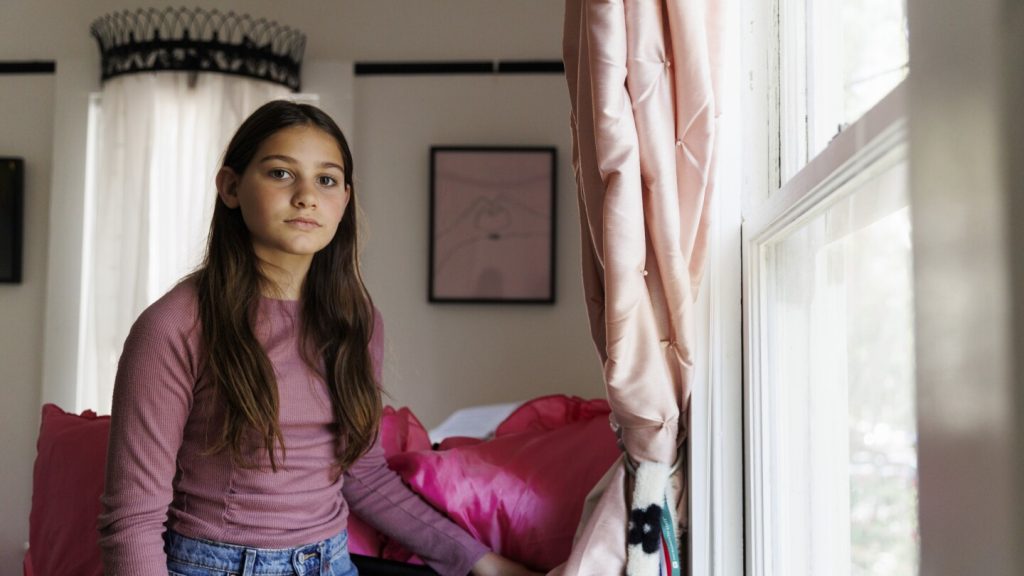In Sacramento, California, a trend is emerging among preteen girls rushing to beauty stores to purchase high-end skincare products, influenced by social media influencers promoting a flawless complexion. Scarlett Goddard Strahan, an 11-year-old, fell victim to this trend when her skin reacted badly to adult-strength products, causing burns and redness. Despite the physical harm, experts are more concerned about the long-term effects on mental health, citing data that suggests a fixation on appearance can lead to low self-esteem, body image issues, anxiety, depression, and eating disorders.
The obsession with skincare among young girls offers insight into social media’s impact on youth and how it shapes their ideals and insecurities, particularly for girls. The prevalence of idealized beauty standards on platforms like TikTok and YouTube has heightened the pressure on girls to conform, leading to comparisons, jealousy, and insecurity. Influencers play a significant role in promoting products and routines, further fueling the desire to achieve the perfect look. Mia Hall, a 14-year-old from New York, found herself caught up in this trend, saving her allowance for luxury skincare products and following influencer recommendations.
The beauty industry has capitalized on this trend, with consumers under 14 driving a significant portion of skincare sales. Products marketed as anti-aging or youth-enhancing are often not suitable for children’s sensitive skin, leading to adverse reactions and potential long-term damage. While some companies provide warnings on their websites, the products themselves lack clear labeling, making it challenging for parents and children to navigate the skincare market safely. Legislation aimed at restricting the sale of anti-aging products to children has met resistance but is crucial in protecting young consumers from harmful ingredients.
Parents and psychologists express concerns about the psychological impact of the skincare obsession on young girls, emphasizing the need for industry accountability and parental intervention. Some mothers have taken drastic measures, like throwing away their children’s skincare products, to protect them from potential harm. As girls navigate puberty and identity formation, the pressure to conform to beauty standards perpetuated by social media poses risks to their self-esteem and well-being. Awareness and education are essential in promoting healthier attitudes towards skincare and body image among youth, mitigating the negative consequences of excessive beauty standards.


